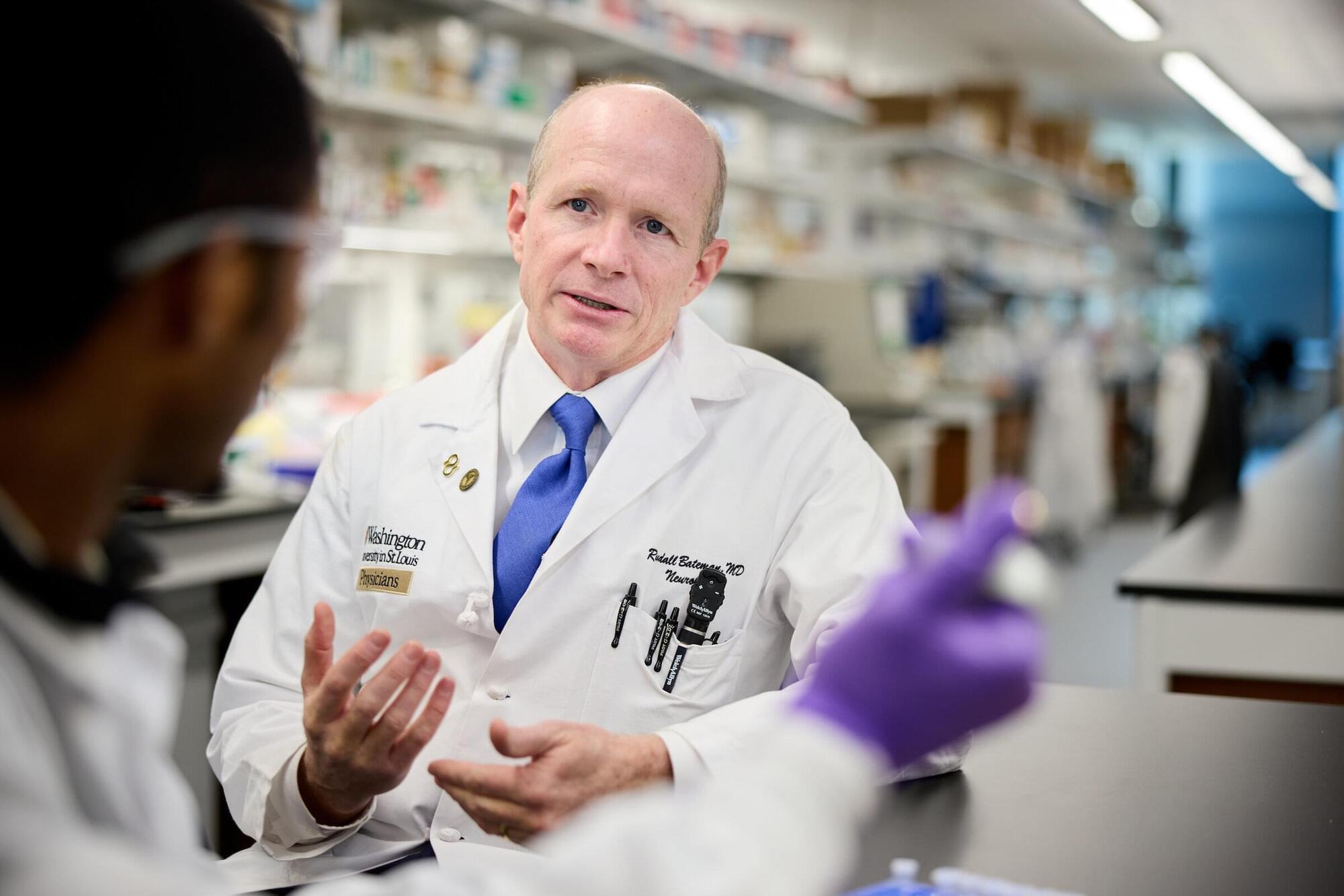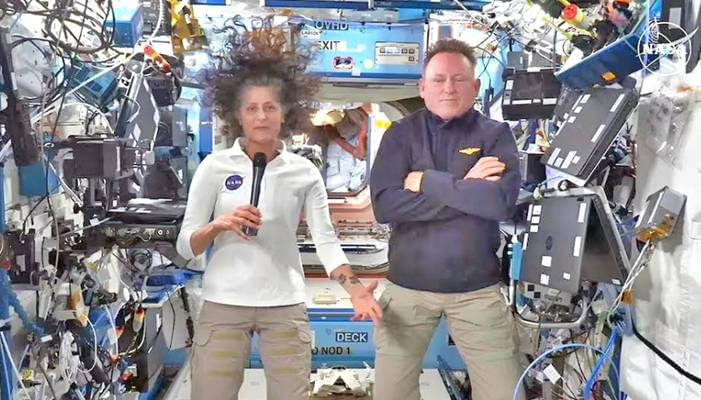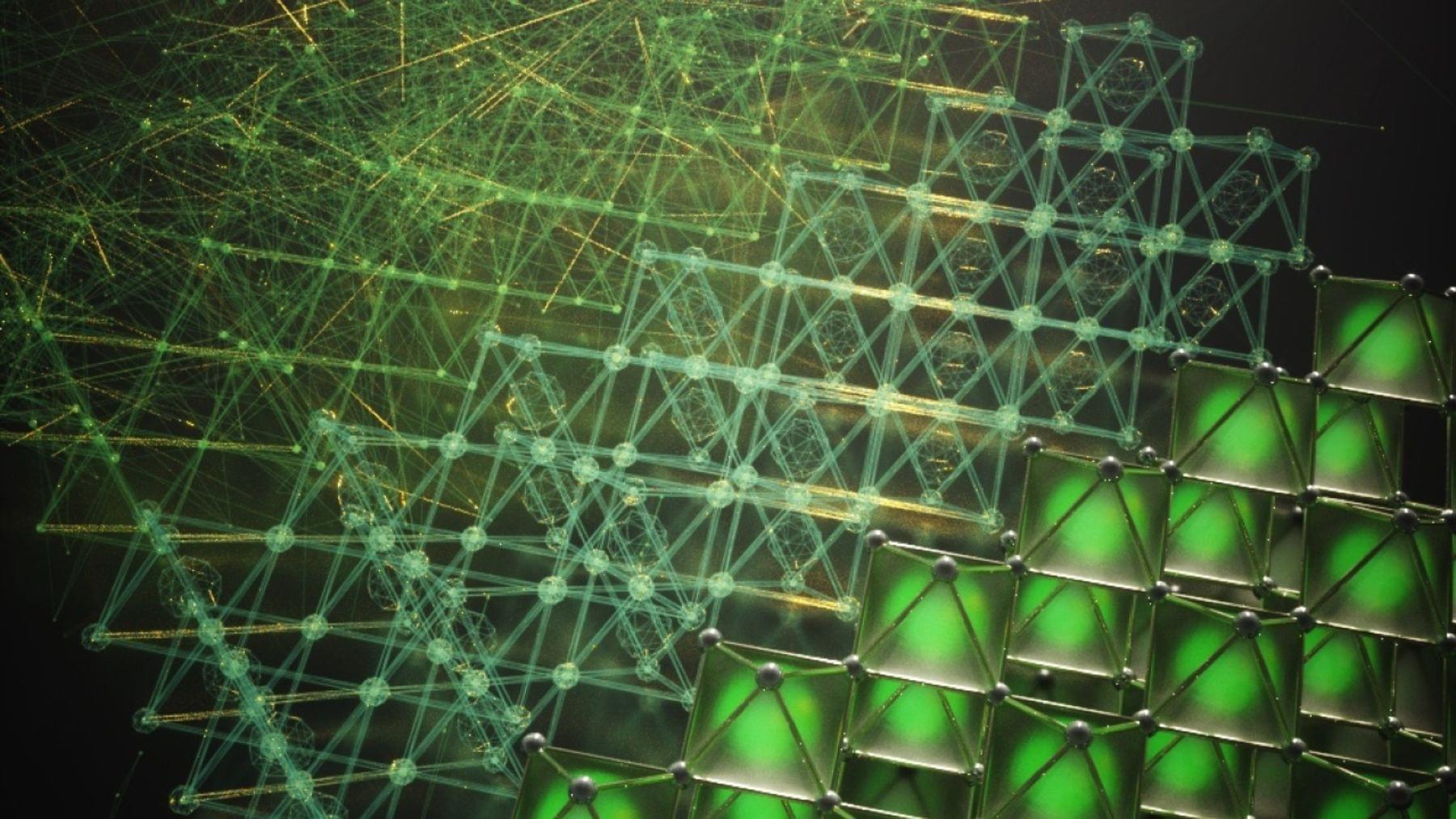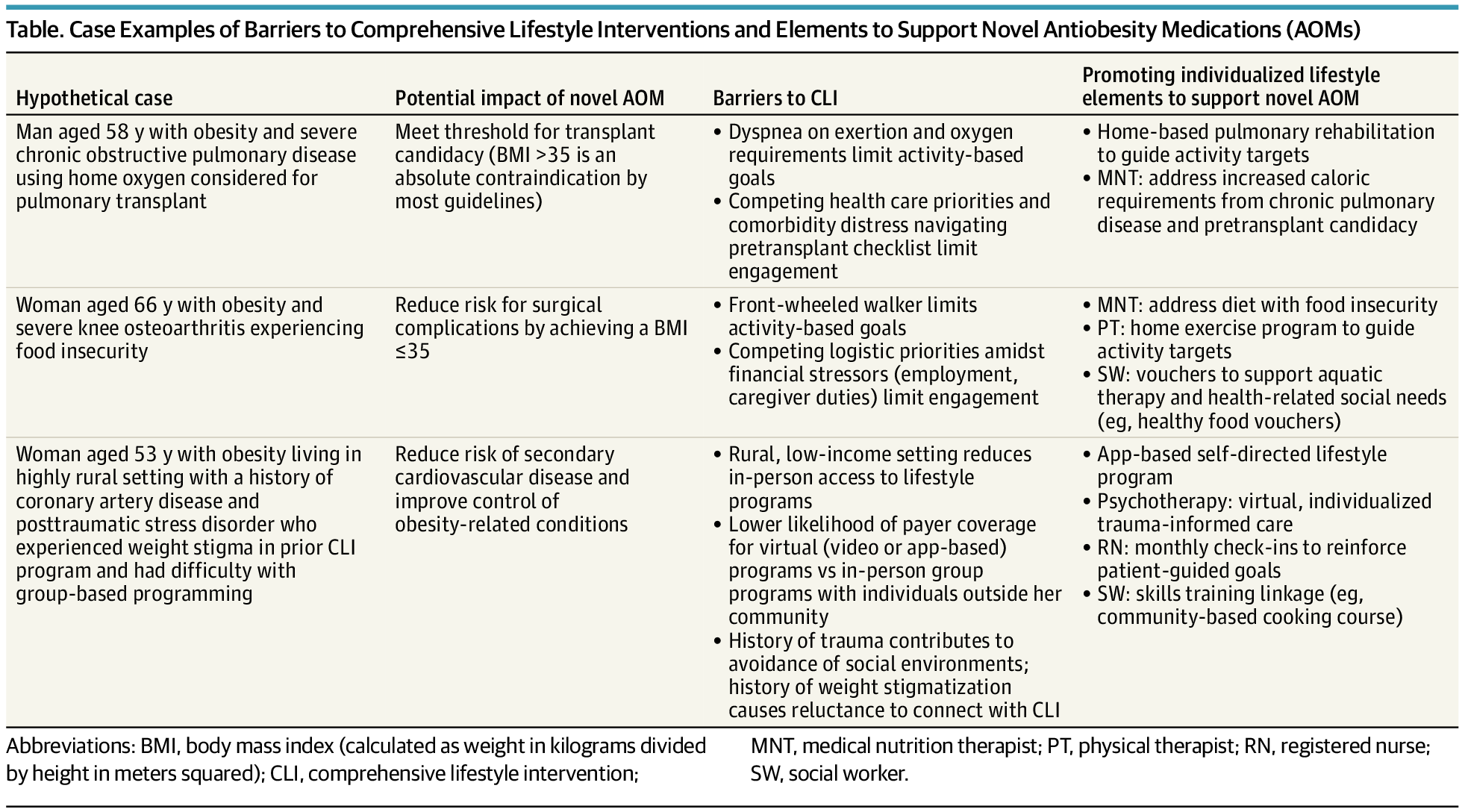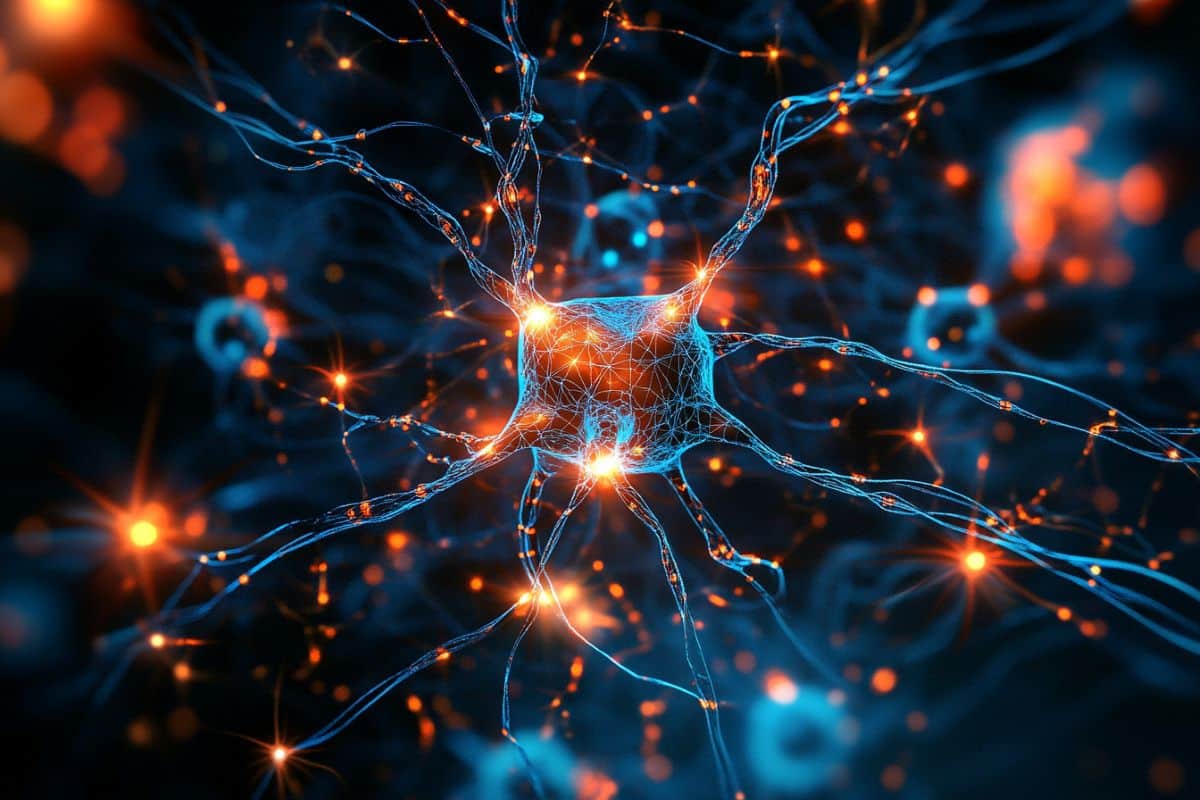An experimental drug appears to reduce the risk of Alzheimer’s-related dementia in people destined to develop the disease in their 30s, 40s or 50s, according to the results of a study led by the Knight Family Dominantly Inherited Alzheimer Network-Trials Unit (DIAN-TU), which is based at Washington University School of Medicine in St. Louis.
The findings suggest—for the first time in a clinical trial—that early treatment to remove amyloid plaques from the brain many years before symptoms arise can delay the onset of Alzheimer’s dementia.
The study is published in The Lancet Neurology.
